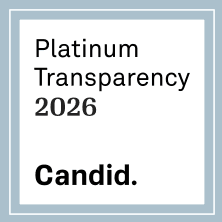According to the EPA, about 30% of our waste is compostable, and food scraps that live in a landfill instead of being composted end up emitting methane—a greenhouse gas that is about 30x more powerful than C02. But when you compost you create a valuable resource: soil! Win-win.
City Dweller
If your city offers curbside pickup, easy, sign yourself up! If your city doesn’t offer curbside collection, you can bring your compost to a farmer’s market, community garden or a friend who has a backyard set-up (find a drop off location in your area here). In between drop-offs, you can freeze your compost or keep it in a container on your counter and as long as you have a good lid, it won’t stink up your place. Keeping it at room temperature will save you a ton of space because it will start to decompose and shrink down. You can even use scissors and give your compost a rough chop to make it decompose even faster!
Build Your Own Compost
Start a compost pile in your yard, or a vermicompost on a balcony, mud room or kitchen cabinet (or anywhere else you have space). Make sure your compost is getting enough brown material if you’re planning on using it for soil.
What's Next?
Volunteer at your local community compost
Examine what you’re composting and see if you can get more mileage out of your food scraps
Start a compost at your workplace or school
Helpful Links:
EPA Guide to Composting At Home
Zero Waste Chef: Creative Ways to Use Food Scraps

